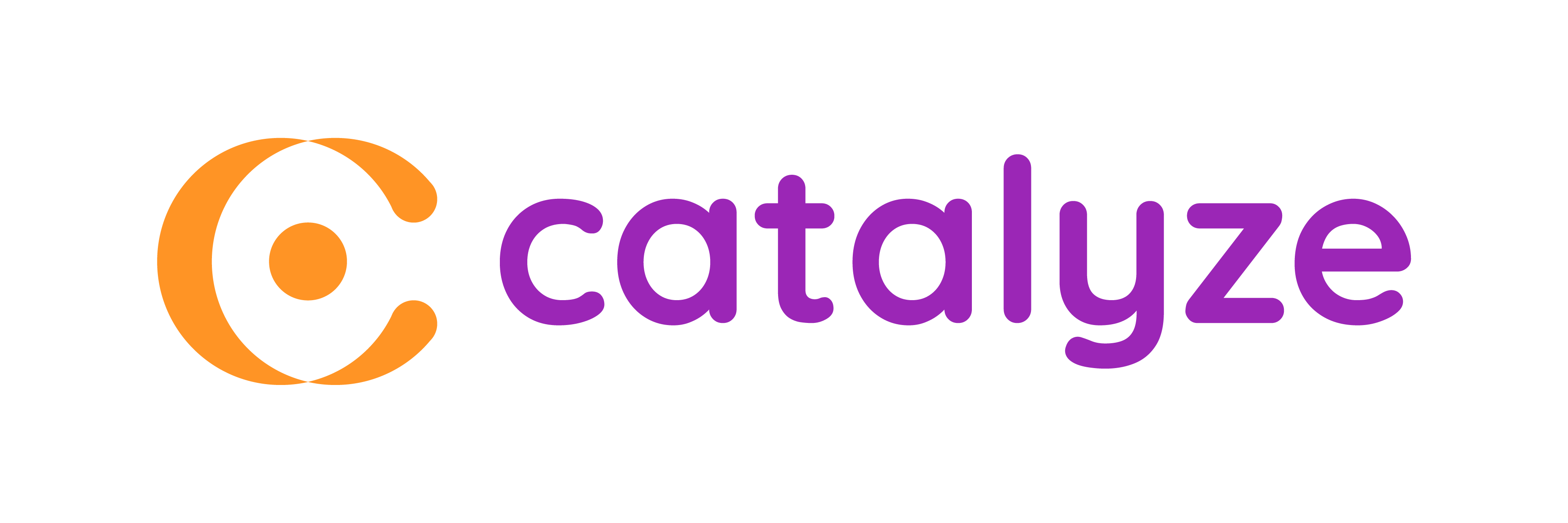The Central Board of Secondary Education (CBSE) and the Indian Certificate of Secondary Education (ICSE) are well known self-financing school education boards in India with a different syllabus, education and exam pattern. Both the curricula lay emphasis on analytical thinking and problem solving abilities that are essential to prepare the students for university education and employment later in life.
CBSE
CBSE conducts two examinations — the All India Secondary School Examination (AISSE – Class X) and the All India Senior School Certificate Examination (AISSCE – Class XII). It is recognized by the National Council of Educational Research and Training (NCERT) that manages a chain of central schools (Kendriya Vidyalaya & Jawahar Navodya Vidyalaya) spread across India. Established in the year 1962, around 16,000 schools across the country and 200 schools in 23 countries around the world are affiliated to the CBSE board.
ICSE
ICSE is conducted by a non-governmental education board, the Council for the Indian School Certificate Examination (CISCE), a reputed private board of school education in India. It is similar to AISSE conducted by CBSE. It is an offshoot of the Cambridge IGCSE that existed during the British regime; before 1986, it was affiliated to the French Board of Examination and is now governed by the CISCE.
ICSE has taken a major chunk of its constituents from the NCERT. It conducts the Indian Certificate of Secondary Education (ICSE-Class X) that is considered to be the toughest board examination. The Indian School Certificate (ISC-Class XII) examination with its extremely exhaustive syllabus is equally difficult.
CBSE vs ICSE
The CBSE is an educational board that has public and private schools affiliated to it both in India and other nations. The ICSE is an examination held by the CISCE in the course of general education as per New Education Policy, 1986.
Here we will look at major differences between CBSE and ICSE curriculum:
| Subject | TOEFL | IELTS |
|---|---|---|
| English | 1 paper | 2 papers |
| Science | 1 paper | 3 papers (Physics, Chemistry & Biology) |
| Social Studies | 1 paper | 2 papers (History & Geography) |
| Environmental Education | Not compulsory | Compulsory |
What is the syllabus like?
The CBSE curriculum is generally considered to be easier in comparison to ICSE. It has a more structured and scientific approach to its coursework that is regularly upgraded in line with the changing demands.
The ICSE syllabus with diverse subject combinations is more comprehensive and detailed that matches international standards.
Medium of instruction
The medium of instruction is either English or Hindi with respect to CBSE whereas it is only English in ICSE board.
Results
Students get results as grades only in CBSE. The ICSE announces two result sheets, one showing grades acquired by the student and the other showing his/her marks.
While the CBSE board lays the foundation for the students to sit for the national level entrance examinations for admission into professional courses, the ICSE certificate has wide acceptance in colleges and universities around the world.
Recognition by Indian Government
The CBSE has been recognized by the Indian government whereas it is not so for ICSE. While a large number of schools across India are affiliated to the CBSE board, the ICSE board in comparison has fewer schools partnered with it. Another advantage that comes with the CBSE board is that it allows both regular and private candidates to sit for the examination. On the contrary, the ICSE board allows only students studying in its affiliated schools to take the final examination.
Reach out to experienced tutors at a professional online tutoring portal to prepare for CBSE and ICSE examinations. Bonus is it brings out your best while you learn from the convenience of your home through personalized one-on-one coaching.









